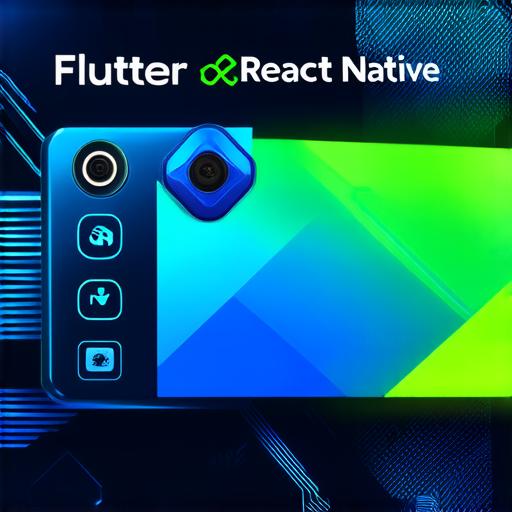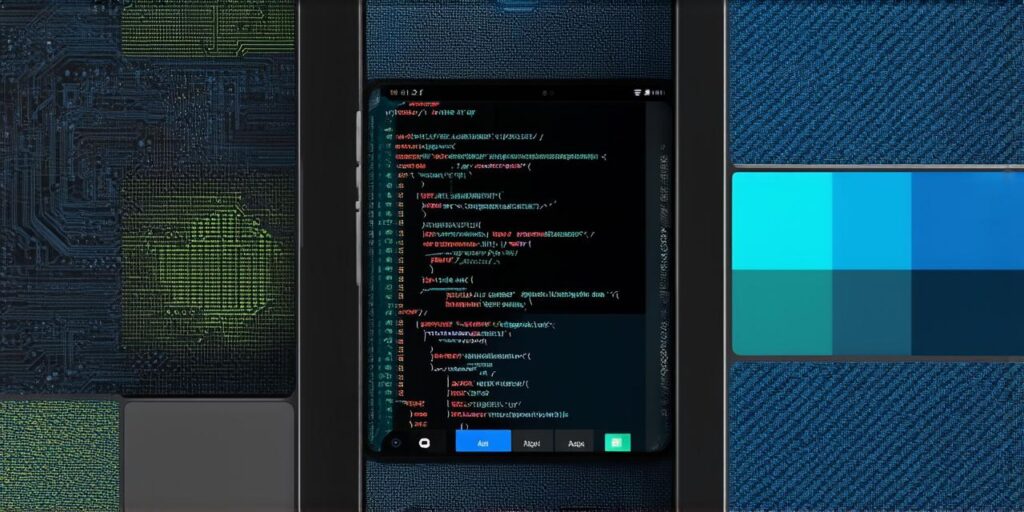When it comes to developing mobile applications, there are many different frameworks available that can help you create high-quality apps quickly and efficiently. In this article, we’ll take a closer look at some of the most popular and widely used frameworks for mobile app development, and explore their key features and benefits to help you determine which one is optimal for your specific needs.
1. React Native
React Native is a cross-platform mobile development framework created by Facebook. It allows developers to build native apps for both iOS and Android using a single codebase, making it a popular choice for building high-performance apps that can run on multiple platforms.
Some of the key features of React Native include:
- Reusable components: React Native uses reusable UI components, which makes it easy to create complex user interfaces quickly and efficiently.
- Flexibility: React Native allows developers to use a wide range of programming languages, including JavaScript, TypeScript, Swift, Objective-C, and more.
- Performance: React Native apps are known for their fast performance and smooth user experience, thanks in part to the use of native modules and the ability to leverage the full capabilities of each platform.
2. Flutter
Flutter is another cross-platform mobile development framework, created by Google. It uses a combination of Dart programming language and Skia engine to build high-performance apps for both iOS and Android. Some of the key features of Flutter include:
- Fast development: Flutter’s hot reload feature allows developers to see changes in their code reflected on the screen almost instantly, making it easy to iterate and make improvements quickly.
- Customizable UI: Flutter provides a wide range of customizable widgets and tools for creating unique user interfaces, including support for animations and gestures.
- Performance: Flutter apps are known for their fast performance and smooth user experience, thanks in part to the use of native rendering and the ability to leverage the full capabilities of each platform.
3. Xamarin
Xamarin is a cross-platform mobile development framework created by Microsoft. It allows developers to build native apps for both iOS and Android using C programming language, which makes it easy to share code between platforms and take advantage of existing .NET libraries. Some of the key features of Xamarin include:
- Shared codebase: With Xamarin, developers can write a single codebase that can be used across multiple platforms, reducing development time and effort.
- Native performance: Xamarin apps are known for their fast performance and smooth user experience, thanks in part to the use of native rendering and the ability to leverage the full capabilities of each platform.
- Integration with Visual Studio: Xamarin integrates seamlessly with Visual Studio, making it easy for developers who are already familiar with .NET to get started with mobile app development.

4. Ionic
Ionic is a hybrid mobile development framework created by Apache Software Foundation. It allows developers to build cross-platform apps using HTML, CSS, and JavaScript, and includes a set of native UI components that can be used across multiple platforms. Some of the key features of Ionic include:
- Reusable UI components: Ionic provides a wide range of reusable UI components that can be used to create complex user interfaces quickly and efficiently.
- Angular integration: Ionic integrates seamlessly with Angular, making it easy for developers who are already familiar with the framework to get started with mobile app development.
- Fast development: With its use of web technologies, Ionic apps can be developed quickly and easily, allowing developers to focus on building a great user experience rather than writing complex platform-specific code.
In conclusion, when it comes to developing mobile applications, there are many different frameworks available that can help you create high-quality apps quickly and efficiently.



